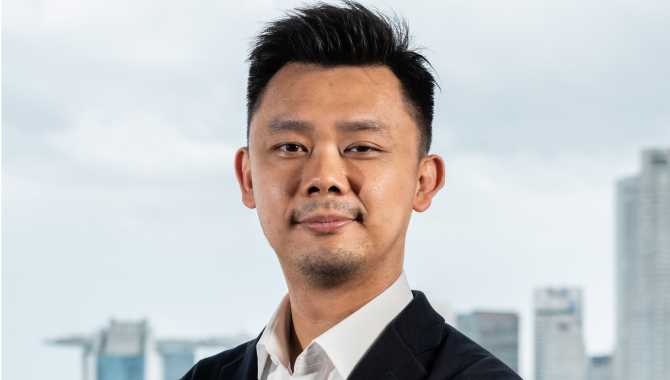
SOL-X is a leading Behavioral Based Safety company that focuses our products on protecting workers, improving productivity, increasing compliance and sustainability. Combining deep maritime experience with cutting edge IOT and AI technologies, our focus is on understanding the unique needs of the maritime industry to develop human-centric safety solutions.
During the interview by Xinde Marine News, Nigel Koh, CEO of SOL-X Pte. Ltd. Talks about the safety of today's shipping industry, how IOT and AI technologies affect the industry, the future trends of "Smart Shipping"and his recommendations to the industry.
"SOL-X started in USA by a team of seasoned technologists, maritime and safety experts. Some have previous seafarer and maritime industry experience as well. SOL-X is made up of a passionate team drawn together by a shared vision to make seafarers' lives safer and more sustainable. SOL-X is now based in Singapore", Nigel Koh said.
Xinde Marine News: What do you think of the safety of today's shipping industry? What are the main problems that the shipping industry needs to solve?
Nigel Koh: 66% of maritime incidents and casualties are caused by
human factors, according to the European Maritime Safety Agency (EMSA) "2019 annual overview of marine casualties and incidents report". Control of Work and Crew Wellbeing are in fact the top contributing elements to human factors accidents in this report. Recently the Oil Companies International Marine Forum (OCIMF) came up with their human factors framework in understanding how human factors effects risk management, applying best practices to improve health and safety outcomes in the maritime industry. The five focus areas are:
·
Fostering the right safety culture
·
Creating well-executed tasks and procedures
·
Developing well-designed equipment and controls
·
Having the skills to respond to emerging situations
·
Learning before and after things go wrong
Behavioral Based Safety (BBS) is the basis for operationalizing the human factors framework. Its approach promotes interventions that are people-focused and often incorporate one-to-one or group observations of crew performing routine work tasks, setting goals carefully and giving timely feedback on safety-related behavior, coaching and mentoring.
To meaningfully reduce accidents caused by human factors, the maritime industry needs to overcome these Control of Work and Crew Wellbeing challenges:
Control of Work
· Administrative and disparate systems
· Lack of real-time visibility to ongoing operations
· Ship-shore coordination and challenges of compliance assurance
· Data that is lagging and reactive
Crew Wellbeing
· Lack of crew situational awareness
· Efficacy of work rest hours programs
· Difficulty in measuring crew wellbeing campaigns
Xinde Marine News: What are your IoT capabilities and predictive AI skills? How can it affect or improve the shipping industry including crew welfare?
Nigel Koh: Our solution leverages on IoT and AI in ensuring the right person is at the right location, at the right time and working on the right task. It improves safety operations through crew location tracking and near real-time management of workflows. SAFEVUE.ai also improves crew situational awareness of hazardous locations with proactive crew alerts. Our wearable technology enables capabilities in connected health and wellness programs. On the AI front, we are building models to identify leading indicators in operational excellence and safety compliance for pre-emptive actions and long-term continuous improvements.
Xinde Marine News: What are the future trends of "Smart Shipping"? Do ship owners or managers currently accept such AI skills to apply to their fleet?
Nigel Koh: The maritime landscape is shifting with the rising tides of technology. The advances in smart shipping, big data and analytics, sensors, and communications etc. in conjunction with an increasingly skilled workforce are all having monumental shifts in how the maritime industry is approaching new challenges and opportunities.
10% of new vessels will be smart ships. The modern smart ship will integrate a variety of connected technologies to improve operational efficiency, ship management, regulatory compliance, decision making, environmental responsibilities, improve safety and maintenance of vessel and crew through communications networks.
Digitalization is the maritime game changer and digital transformation will be driving the maritime transition. Digital technologies will be opening many new opportunities to drive automation, agility, and profitability. The COVID pandemic has accelerated the digitalization efforts throughout the industry and prompted us to sharpen our focus on the digital transformation. The industry is moving towards a data-driven world with the challenge to find right long-term technologies and link them with vessels at sea in an efficient way. The digital transformation will affect the cycle of regulatory and legal change. Regulators will have to rewrite the rules that have governed how vessels can and should operate safely, efficiently but also remotely.
Xinde Marine News: What recommendations do you have to the industry in terms of safety? And what else do you want to say?
Nigel Koh: We believe the next step shift to improving safety must be focused on "human factors". For the maritime industry to meaningfully reduce incidents and accidents, the industry must start to focus on empowering seafarers and putting safety culture at the forefront. Current safety solutions today are inadequate in addressing "human factors". We feel strongly that SAFEVUE.ai can play a vital part in contributing to this new paradigm shift.
The opinions expressed herein are the author's and not necessarily those of The Xinde Marine News.
Please Contact Us at:
media@xindemarine.com


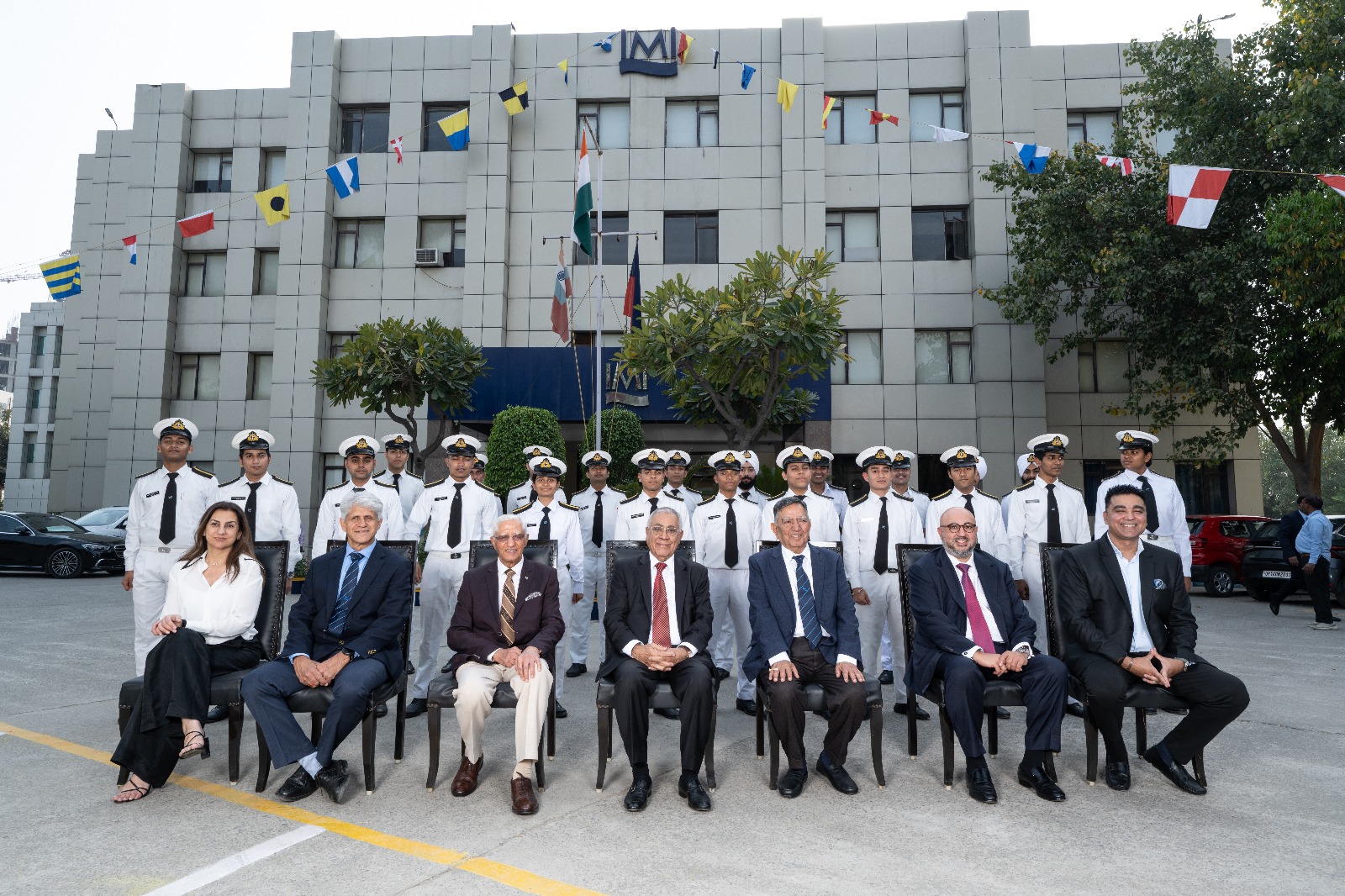 Dr. Harry S. Banga and Mr. Angad Banga of The Carav
Dr. Harry S. Banga and Mr. Angad Banga of The Carav  Liberian Registry Welcomes Kyle Hurst as Senior Vic
Liberian Registry Welcomes Kyle Hurst as Senior Vic 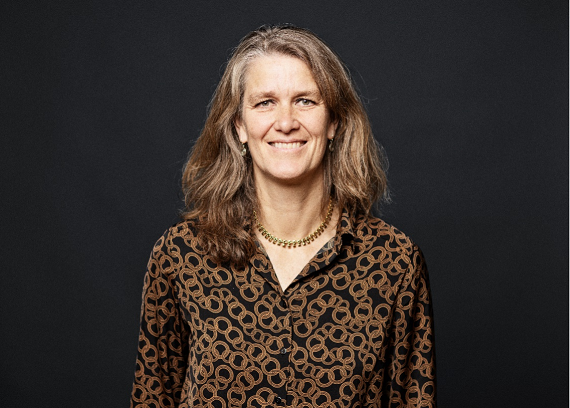 KATALIST: Accelerating Green Shipping through Innov
KATALIST: Accelerating Green Shipping through Innov  Revealing the risks: digital solutions for complian
Revealing the risks: digital solutions for complian 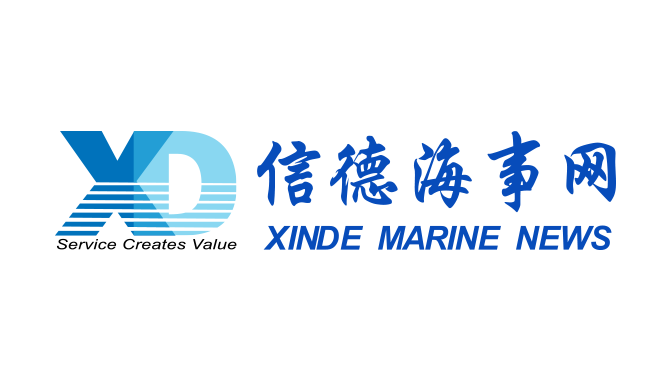 Beibu Gulf Port Chairman Zhou Shaobo Passes Away at
Beibu Gulf Port Chairman Zhou Shaobo Passes Away at 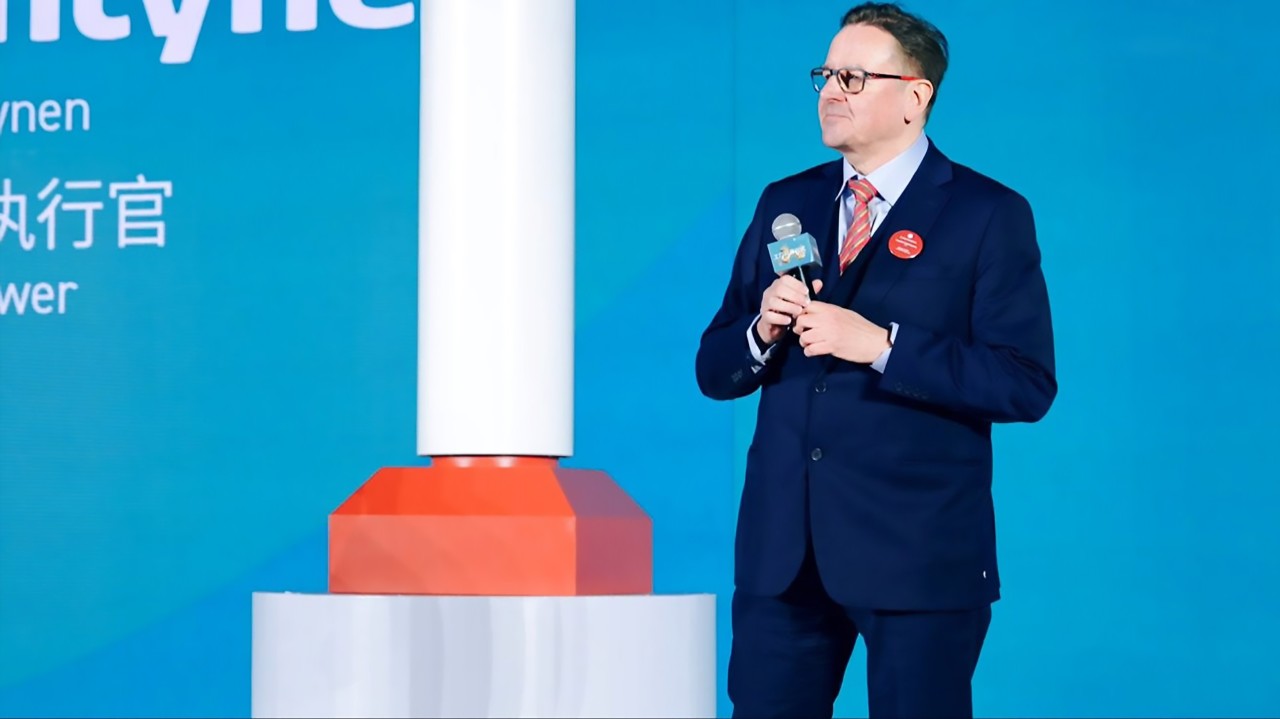 Exclusive Interview with Norsepower CEO: Bringing S
Exclusive Interview with Norsepower CEO: Bringing S